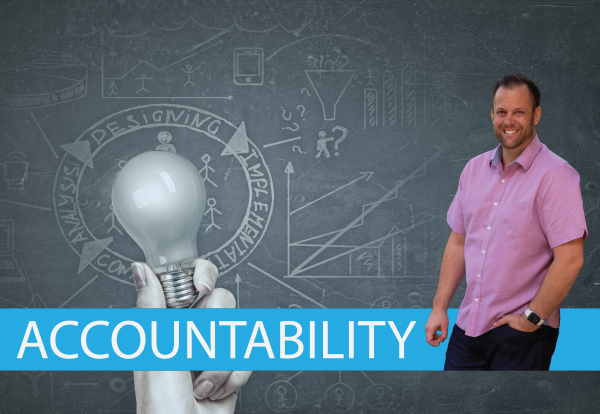Consultants often hyperfocus on building solutions that only address one aspect of business owner’s problems—leaving owners with half-solved problems or expensive systems they can’t implement.
The Lofton Difference is a holistic approach to management consulting, Taking all parts of the business into consideration and applying the right resources where needed.

Experience The LOFTON Approved DIFFERENCE











“We have been able to grow our business substantially and would recommend Mike and his team to anyone and everyone.”